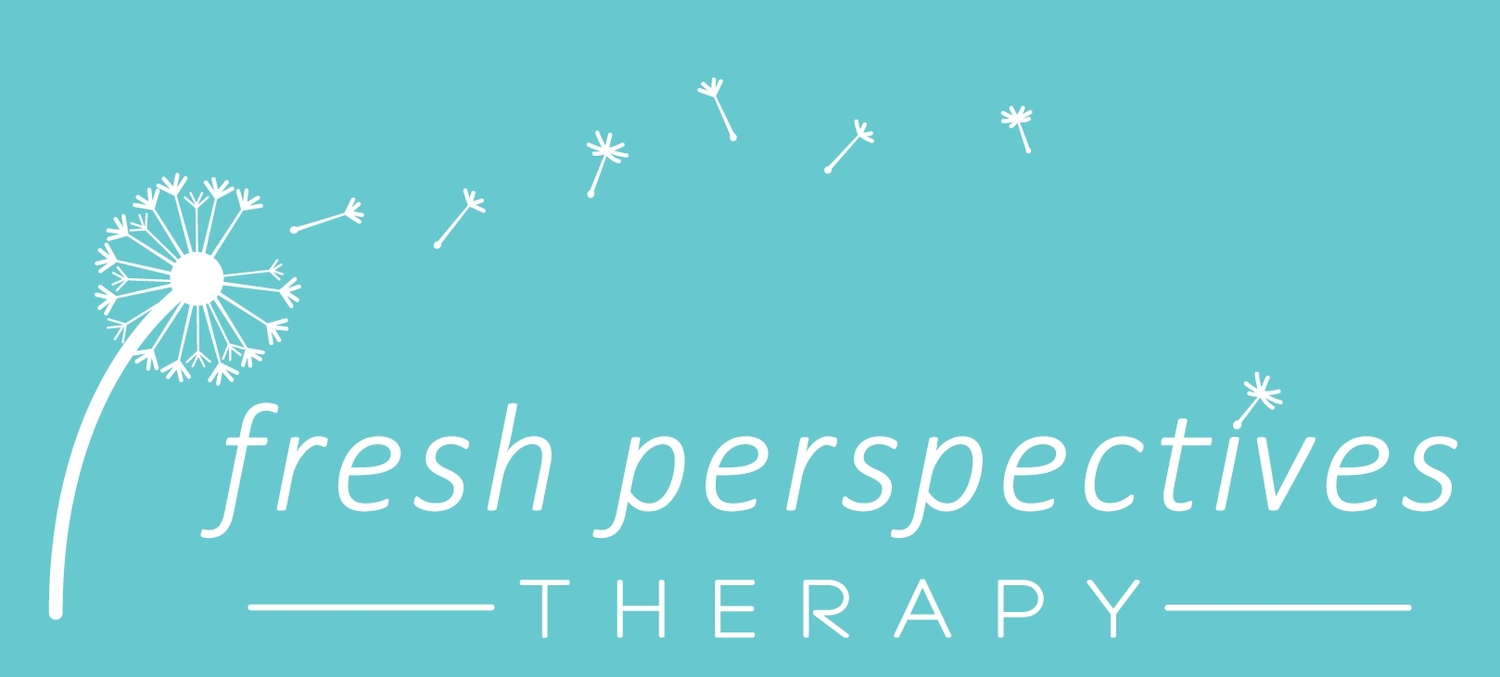Today there is a great amount of talk about what makes a relationship healthy or unhealthy and that some relationships are emotionally, sexually, or physically abusive. It’s great that awareness is spreading about these types of relationship because it helps people identify situations they may need to leave, however it is less prominent to hear about what a healthy relationship looks like and how to build one. Here are a few guidelines about what good relationship health looks like:
Communication
Nearly everyone agrees that effective communication is essential for building a healthy relationship, but what does this really involve? Communication can be both verbal and non-verbal--both are very important and speak volumes about a relationship’s health. When good communication is happening, both people feel heard, safe, supported, accepted, and loved. This does not mean partners need to agree on everything (quite the contrary—disagreements are actually an essential part of healthy relationships), but when couples are communicating effectively, they aren’t creating an environment of judgment, criticism, or condescension.
Observe How You Feel
Too often people get out of a relationship, look back and realize they knew all along it was not a good fit. They identify that they never felt comfortable to be themselves around their partner, didn’t actually enjoy spending time together, or felt that person truly understood them. When getting into any new relationship (or while in an established one), take a moment to observe how you feel in it and with that person. Do you feel happy when you’re with them much of the time? Do you understand each other’s sense of humor? Do you feel like you can be your honest self with them? Even if your relationship is not toxic or abusive, if you answered no to most of these questions, it just may not be the best fit and that’s okay.
Separate but Similar
Think of two people in a relationship like two great foods that taste even better together, such as pie and ice cream. On their own, pie and ice cream are tasty desserts but when you bring them together, it’s a special event and downright delicious. They complement each other and lift each other up. Two people in a healthy romantic relationship are very similar. Each person can have their own identity and be supported and lifted up by the other partner’s identity. When looking for a partner, it can be important to find someone you’re not only physically attracted to but who shares similar life values as you. This means doing life with each other and not necessarily for each other. Supporting each other and loving each other while being your own unique selves.
Trust and Respect
Building trust in a relationship means both partners being dependable, reliable, and honest. Trust is more than just not cheating on your partner with another person, but it’s about knowing your partner will share their opinions and thoughts honestly and will follow through on promises made. One of the fastest ways to erode trust is when partners begin to belittle each other or view each other with contempt. Treating each other with respect, equality, and dignity is essential to developing and maintaining trust within a relationship.
Showing Appreciation
It sounds small, but frequently expressing appreciation to your partner for who they are and what they do helps them feel valued and loved. Appreciation can be communicated in many ways, including saying “thank you”, giving physical affection, or even giving small gifts. It’s important to find the ways your partner feels most appreciated, as this can vary by person. As time goes by and a relationship becomes more established, frequent expressions of gratitude are more and more necessary. It’s all too easy to get stuck in routines and forget to thank your partner for being their wonderful selves and for doing the little things.
The bottom line is that even though relationships can be challenging at times and do take effort and work from both partners, a healthy relationship should enrich your life a majority of the time. Feeling heard, respected, and valued for who you are are vital characteristics to look for in any intimate relationship or even friendships.


